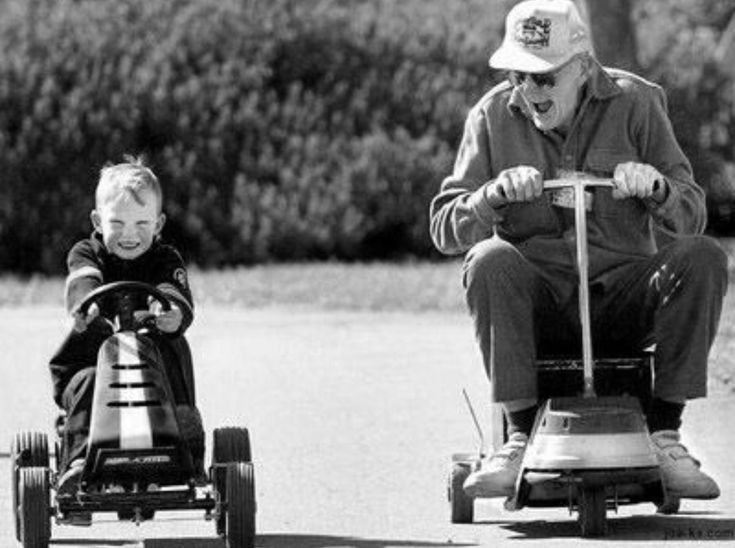The Link between Overachieving, Burnout & Low Self Worth
I’m writing this about myself.
I’m writing this about many of us.
I’m writing this with so much love and compassion, for all of us who believed we needed to work harder, strive relentlessly, and over-achieve in order to be worthy of love.
Now that we got that out of the way…
Have you ever wondered why some of us push ourselves to the brink, relentlessly chasing success and achievements? Often, those of us who are labeled as "overachievers" may actually be battling a deeply rooted sense of low self-worth — tracing back to our childhood experiences.
This doesn’t mean we had a bad childhood or bad parents. It simply means that somewhere along the way — we learned that love is earned. That our value and lovableness was tied up with our achievements: good grades, sports performance, talent show wins, etc.
And because what we humans want more than anything is to feel loved, valued and included — we put two and two together:
More achievement = more love. Makes sense, right? Makes even more sense to a prematurely developed child’s brain.
Understanding Overachievement and Self-Worth
The term "overachiever" typically describes someone who performs better or achieves more success than the average. However, as Dr. Lisa Firestone, a clinical psychologist, explains in Psychology Today, "For many overachievers, their drive stems from a place of not feeling good enough." This isn’t just about striving for excellence; it’s a relentless pursuit fueled by an inner voice that says one is never quite up to par.
This connection between overachievement and self-worth often starts in childhood. Children who receive conditional affection — where love and attention are doled out based on achievements or behavior — might grow up believing their value is tied to their success. As Dr. Firestone points out, "When affection from parents or caregivers is conditional upon a child’s accomplishments, children may develop a sense of their personal worth that is directly linked to their achievements."
If this sounds familiar to you like it does to me… you are far from alone.
The Cycle of Burnout
But overachieving doesn’t just cause psychological anguish — it can have real, tangible effects on our careers and physical health as well. Our relentless drive to achieve can lead to burnout, which is currently at epidemic levels. Burnout doesn’t just happen because we’re busy; it happens because we’re driven by something unsustainable within us — a need to prove our worth incessantly.
Clinical psychologist and author Dr. Sherrie Bourg Carter notes that "overachievers view downtime as wasted time." This mindset propels a cycle of non-stop effort, which not only diminishes productivity but also impacts mental health. The irony is that the harder we push to prove our worth through achievements, the more likely we are to burn out and feel incapable, thus reinforcing the feelings of low self-worth.
Breaking the Cycle
So, what can we do if we recognize this pattern in ourselves? The key lies in understanding and rebuilding our self-worth independent of our achievements.
Self-Reflection: Take time to reflect on what drives your need to overachieve. Understanding whether it’s a fear of failure, a need for external validation, or a combination of a few factors can help in addressing the root cause. This is where you meet your inner child and find out what they needed, and the stories they created in the absence of unconditional love.
Setting Boundaries: Learning that it’s ok to say no is crucial to healing the overachieving tendencies that lead to burnout. At work, with family & friends, and even with ourselves — we place unrealistic expectations on ourselves as far as what and how much we can achieve. Learning to set boundaries that honor our limits is the way we heal our relationship with ourselves and our inherent worth.
Seek Therapeutic Support: Sometimes unraveling deep-seated beliefs about ourselves and our worth requires professional help. Therapists Somatic Therapists, and Trauma-Informed Coaches can guide through the process of understanding and healing these parts of our psyche.
Mindfulness and Self-Compassion: Consistently engaging in mindfulness practices can help us become more aware of our internal dialogues and the undue pressures we place on ourselves. Coupled with self-compassion, we can start to quiet the critical inner voice that insists we are never enough.
While the journey to redefining self-worth and managing the pressures of overachievement is not an easy one, it’s worthwhile. Remember, your worth is not defined by your productivity or achievements. As we learn to uncouple our self-esteem from our success, we can find a healthier, more balanced approach to both work and life.
If you’re ready to give your inner child the unconditional love they always needed, join me on retreat this August 1st-4th in the Hudson Valley.
Learn more and sign up HERE.







